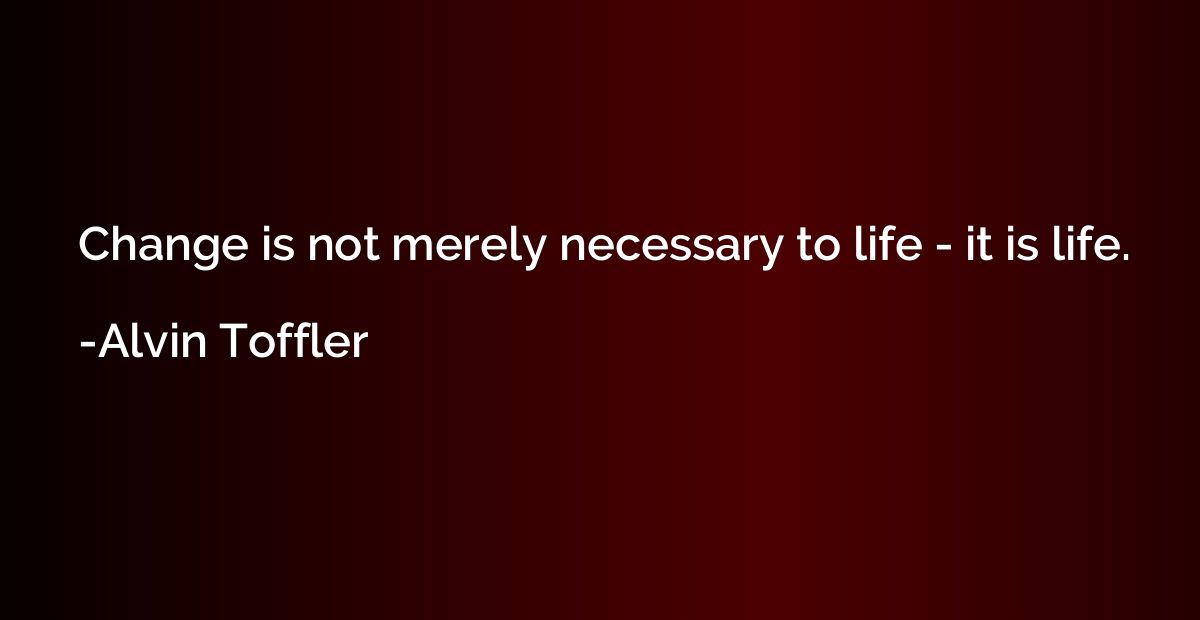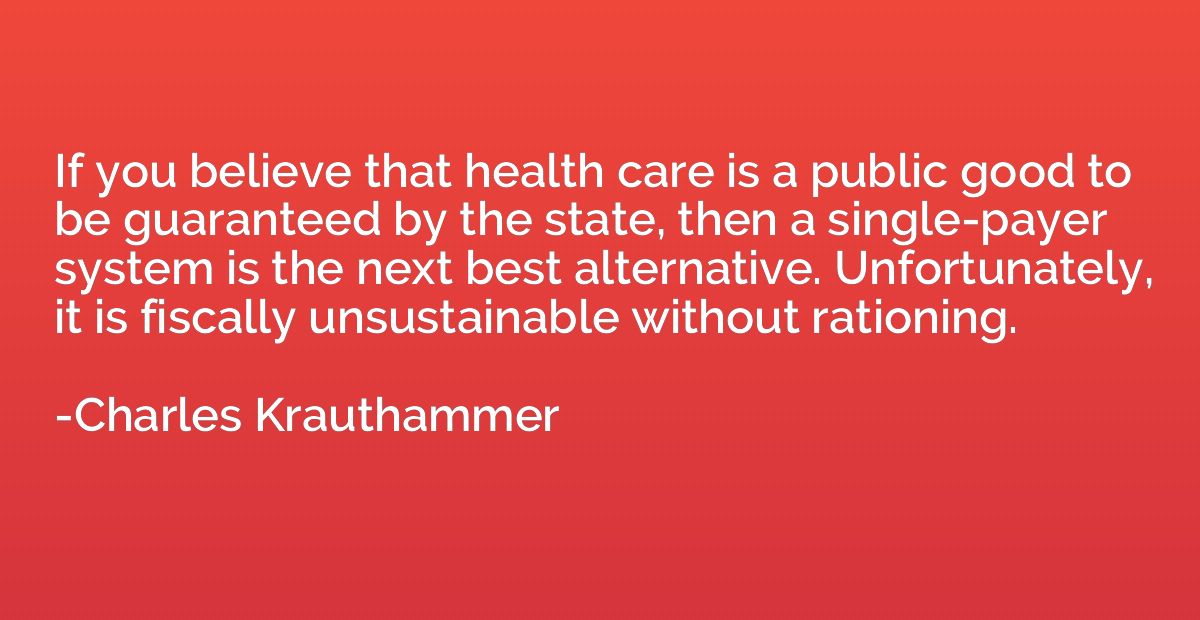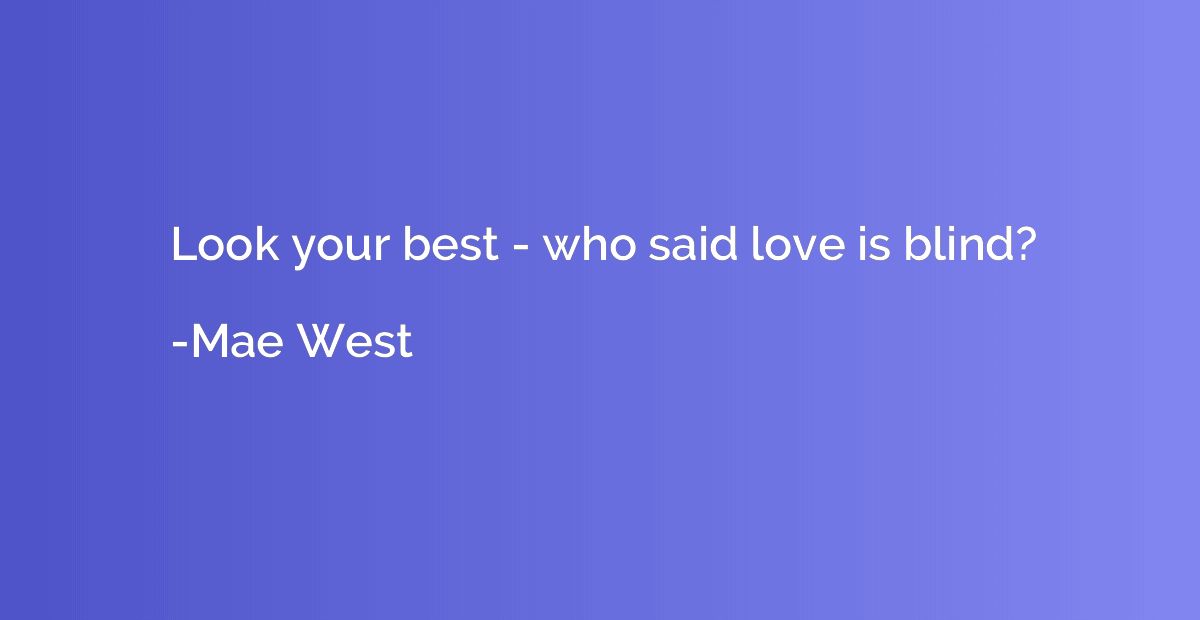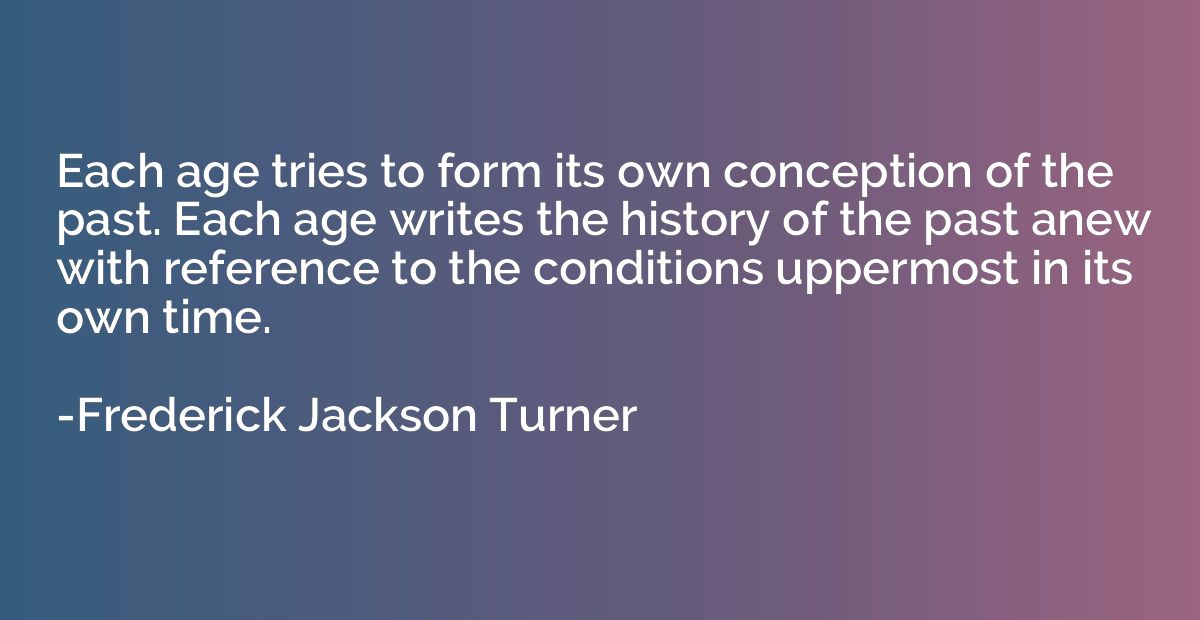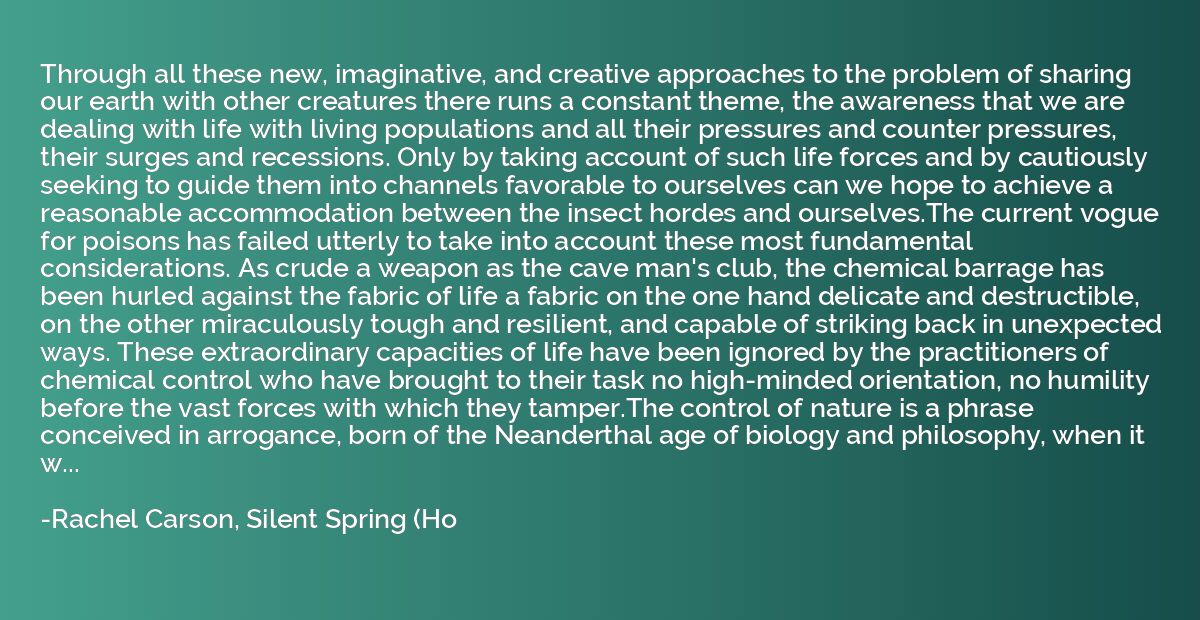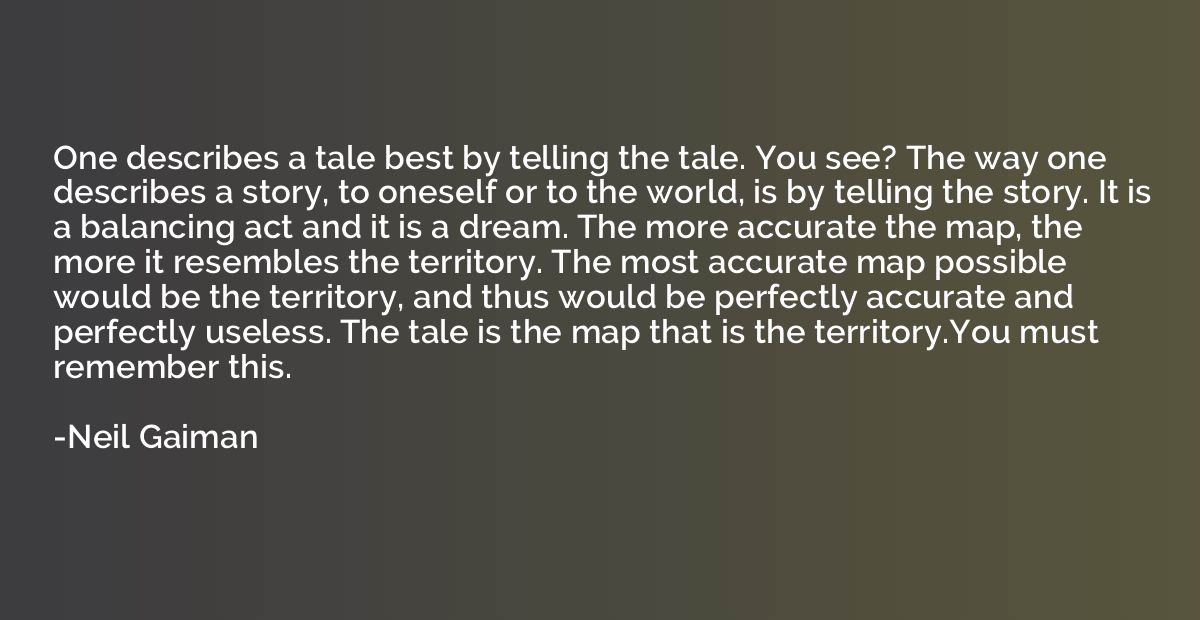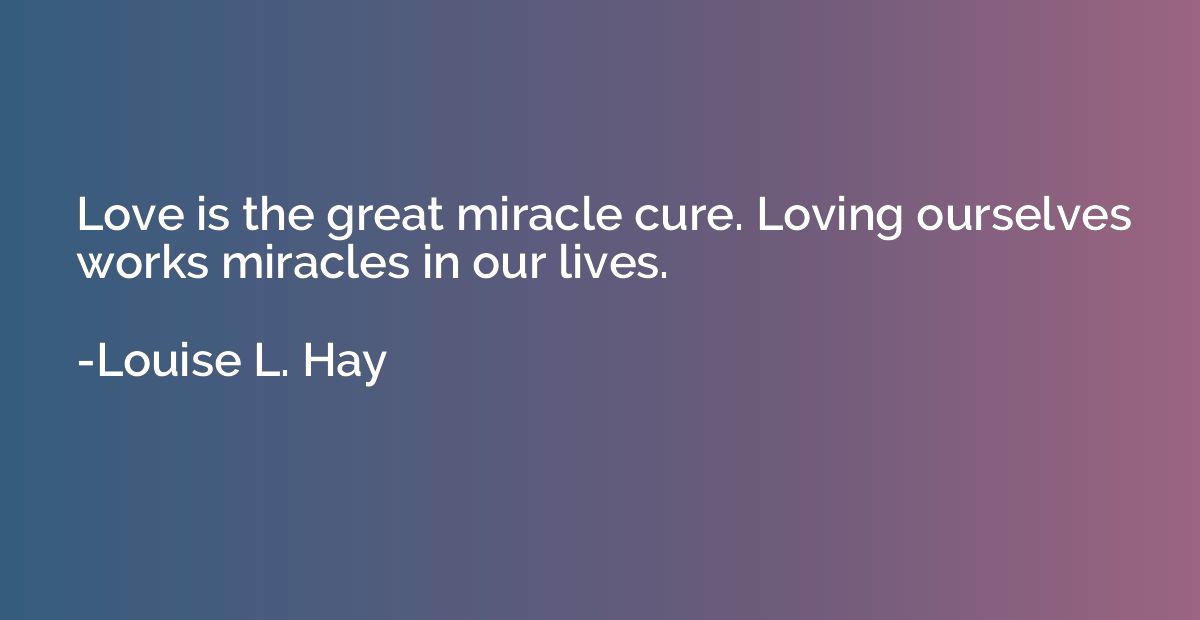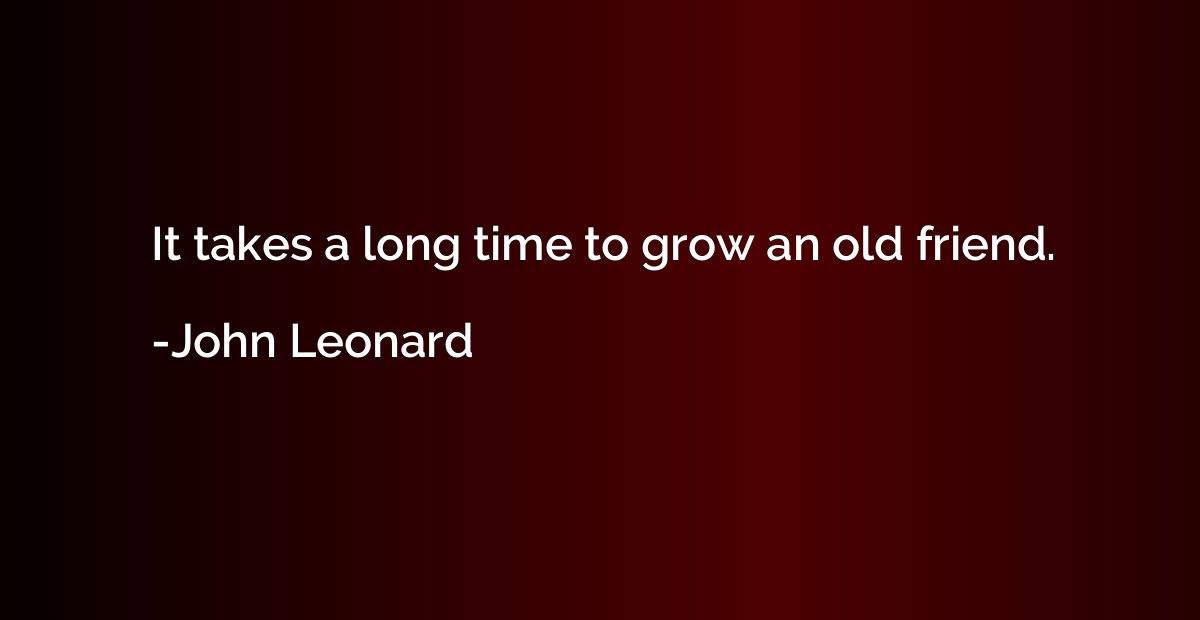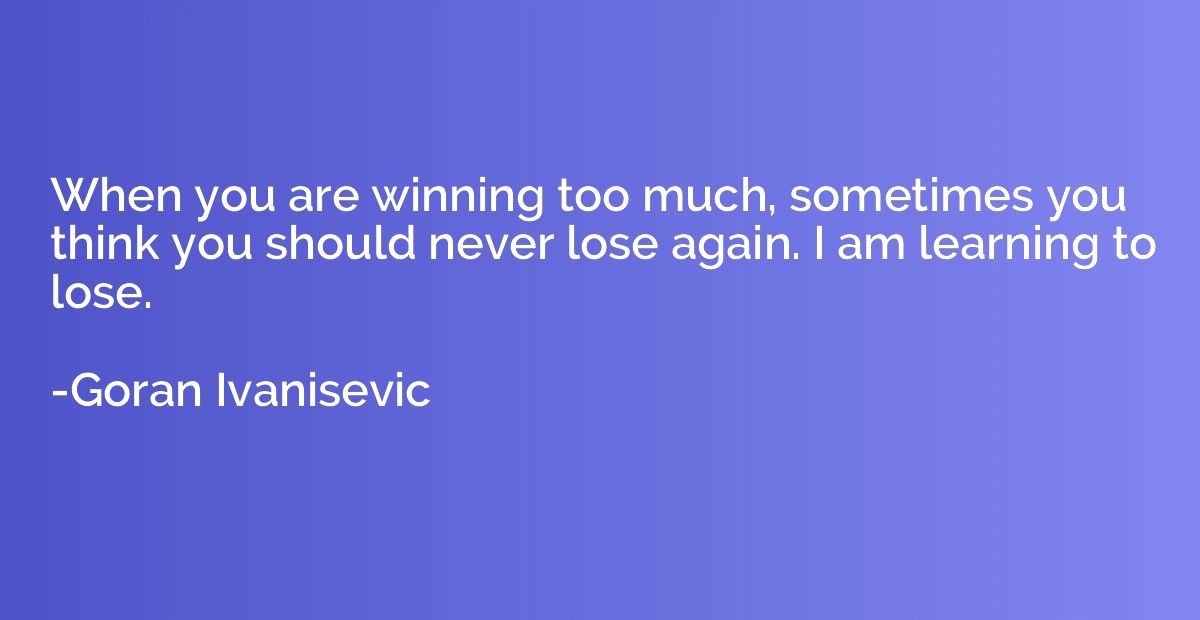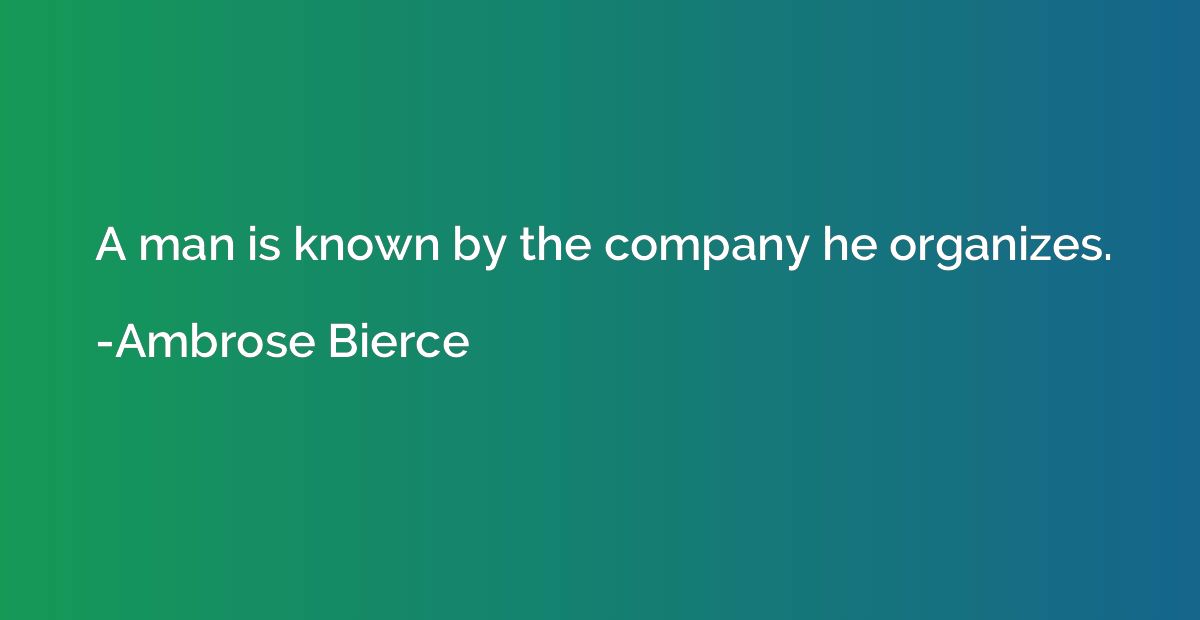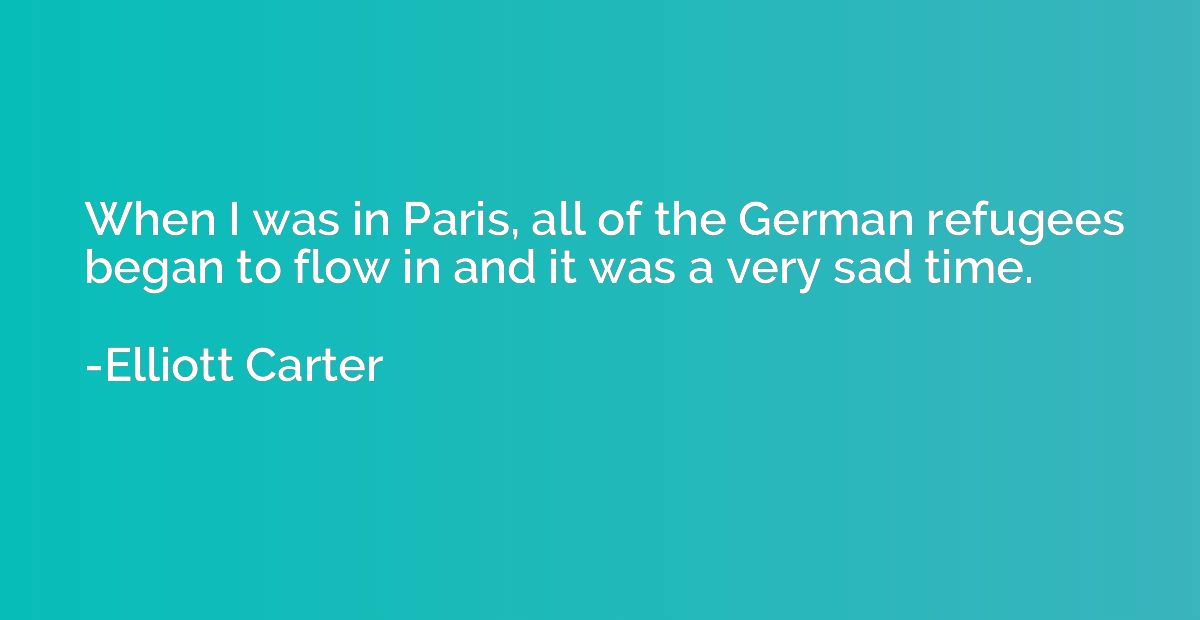Quote by Virginia Woolf
As a woman I have no country. As a woman I want no country. As a woman, my country is the whole world.
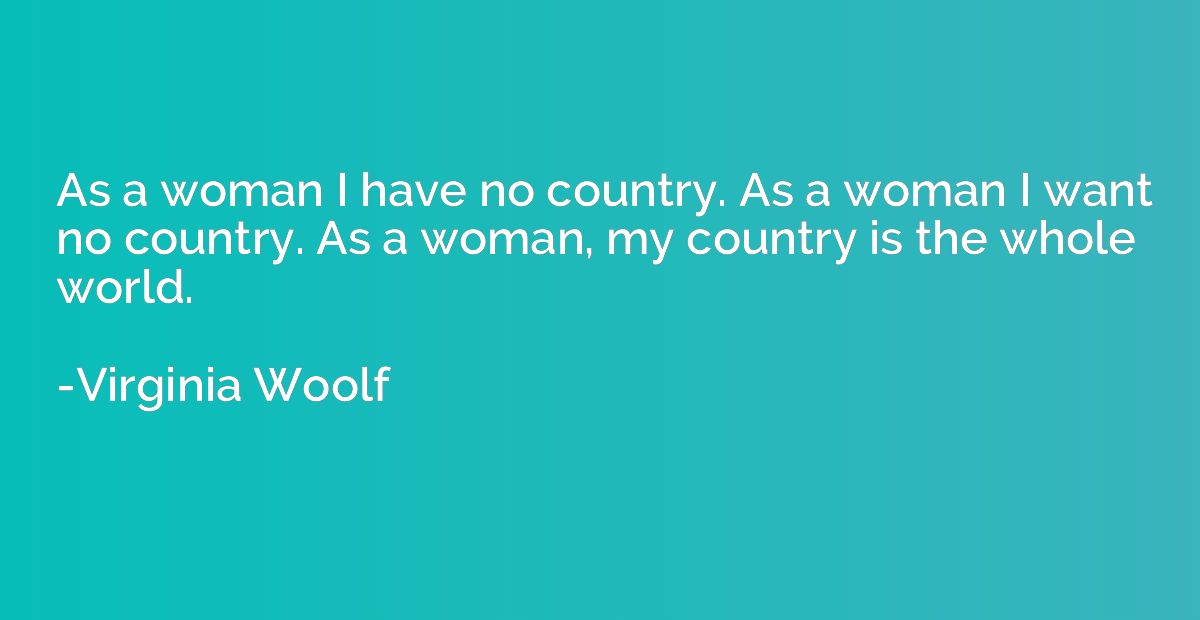
Summary
This quote reflects the idea that the speaker, as a woman, does not find her sense of identity and belonging in a specific country. Instead, she sees herself as a citizen of the entire world. It signifies a rejection of narrow nationalistic sentiments and the notion that being a woman transcends geographic boundaries. It emphasizes unity, inclusivity, and a desire to stand in solidarity with women across different cultures and nations, highlighting the universal nature of women's experiences and shared struggles.



